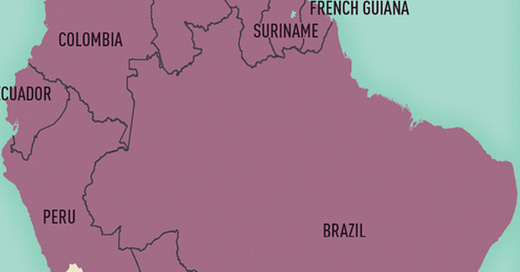Brazil dengue cases top 400K, state of Rio reports 56% increase in one week
Dengue in Brazil
On Friday, Brazil health authorities announced the number of probable cases of dengue in Brazil in 2024 has now reached 408,000.
The number of confirmed fatalities of the disease has reached 62, while another 279 suspicious deaths are being investigated.
The national average indicates 201 cases of dengue per 100 population. But, in some states, the “per capita” is much higher. The Federal District, for example, records more than 1,700 cases per 100,000 inhabitants.
In absolute numbers, Minas Gerais state reports the most cases with more than 143,000, followed by São Paulo, Distrito Federal and Paraná.
Rio de Janeiro
The state of Rio de Janeiro recorded 39,311 probable cases of dengue and three deaths from January to February 12 of this year. The data comes from the State Department of Health.
The significant increase in just one week is noteworthy. In the last balance, on February 5, there were 25,136 cases. In other words, there were 14,175 new registrations, an increase of 56%.
In all of 2023, the state reported more than 51,000 dengue cases.
The city of Rio de Janeiro is in a state of emergency and officially recognizes that it is experiencing an epidemic. 13,550 cases of the disease have already been confirmed in the capital of Rio de Janeiro in 2024. This represents more than half of the cases in 2023 and almost triple the number of cases in 2022.
Dengue is a disease caused by a virus spread through mosquito bites. The disease can take up to 2 weeks to develop with illness generally lasting less than a week.
Health effects from dengue include fever, headache, nausea, vomiting, rash, muscle and joint pain, and minor bleeding.
Dengue can become severe within a few hours. Severe dengue is a medical emergency, usually requiring hospitalization.
In severe cases, health effects can include hemorrhage (uncontrolled bleeding), shock (seriously low blood pressure), organ failure, and death.







